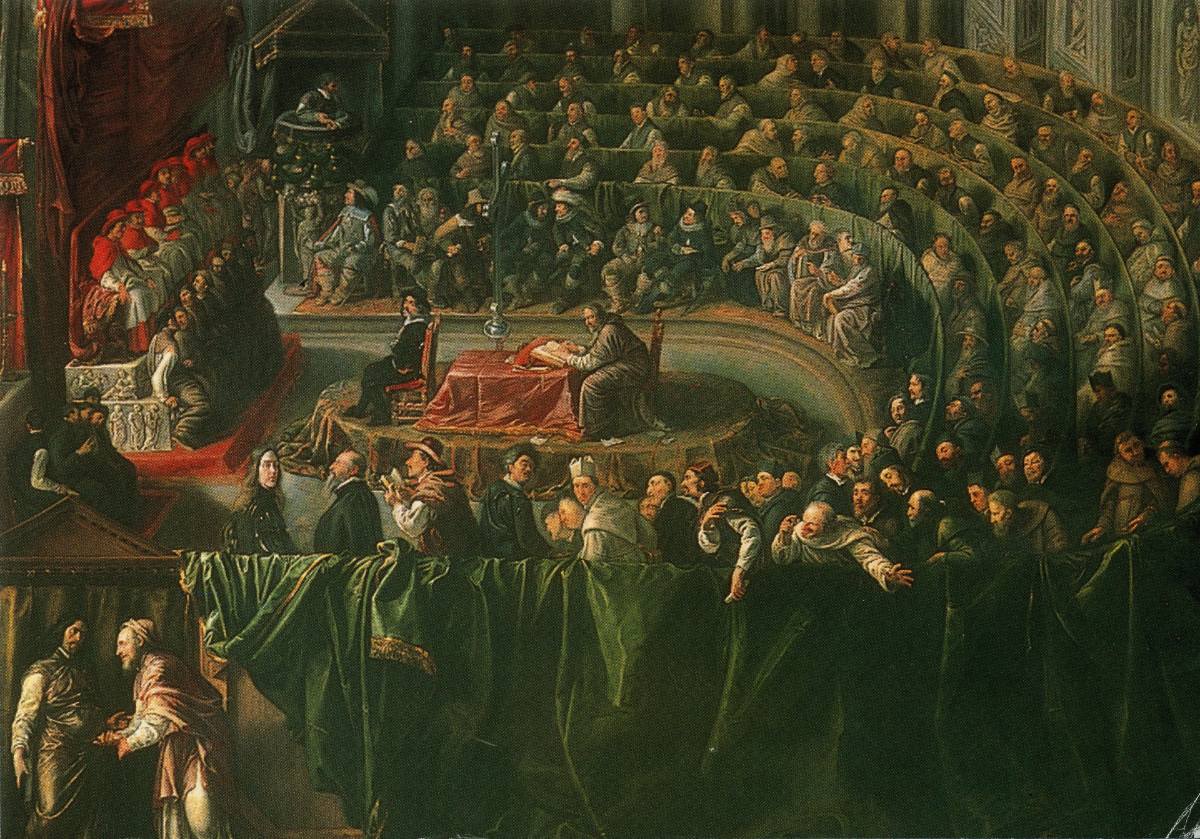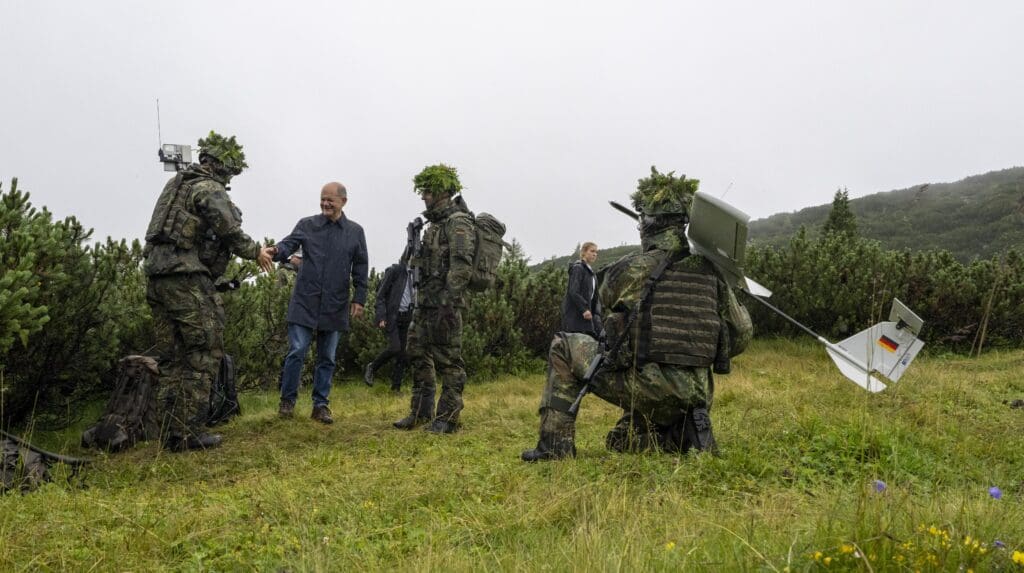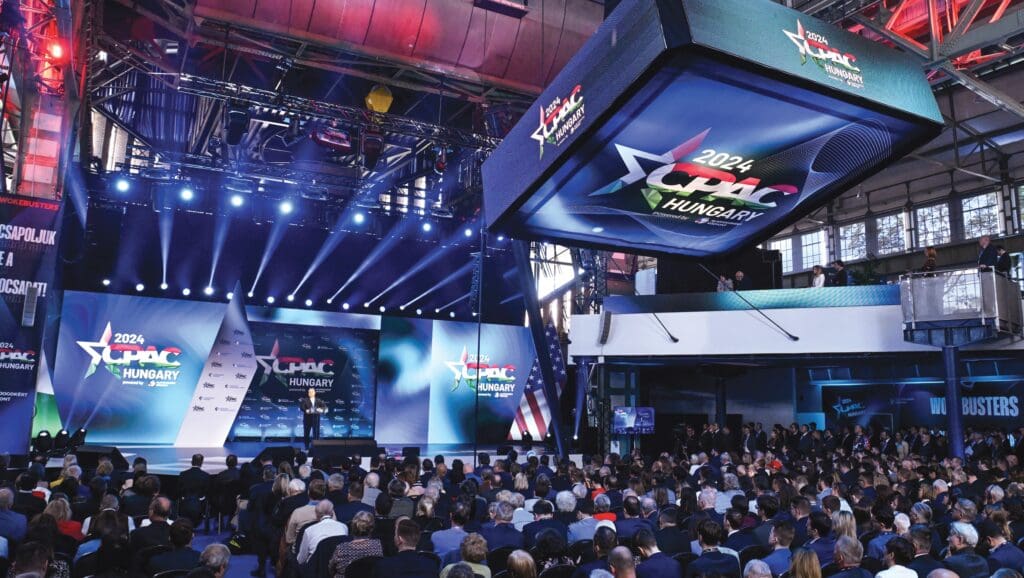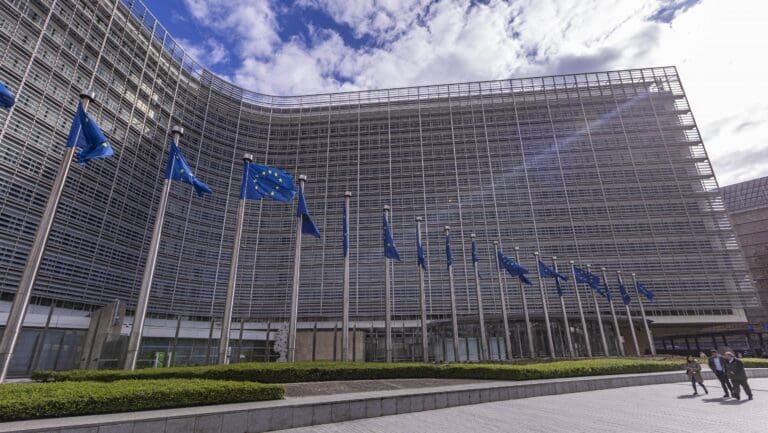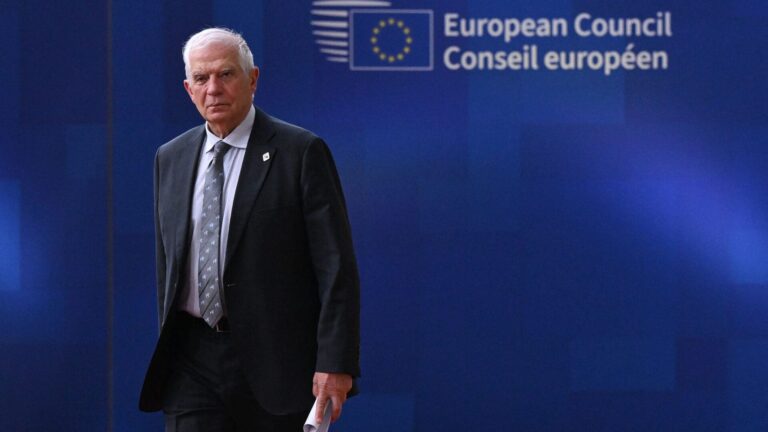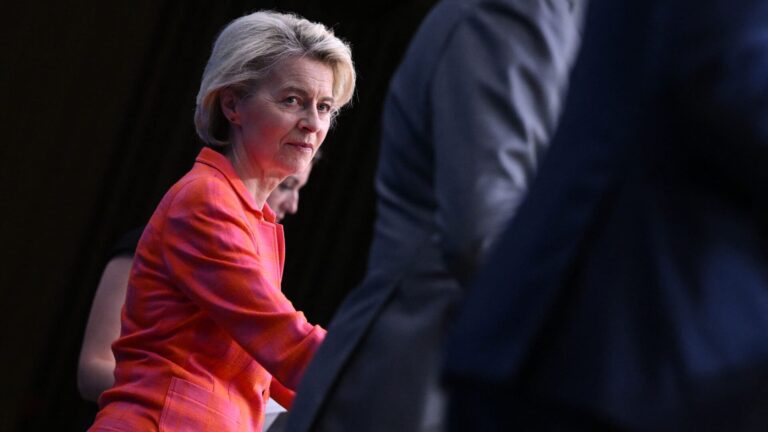The Hungarian conservative government’s opponents are diverse and numerous, and often have little in common, but there is one thing they invariably share: they cannot stand Viktor Orbán. The obsessive bashing of the Hungarian prime minister is not only getting tiresome but seems to be becoming ever more irrational.
Driven by their despisal of Orbán, largely stemming from the malicious envy that characterizes the talentless, his adversaries have been fabricating elaborate lies and craftily presented half-truths for many years. They also keep depicting Orbán simultaneously as a dangerous dictator who is a threat to European liberty and as an irrelevant, self-aggrandizing, little man, and the logical fallacy never seems to bother them. So, there is nothing new on that front. What has changed is that the lies and misconstructions have now grown into consistently mendacious narratives. And these harmful narratives must be countered because they serve the purpose of driving a wedge between Hungary and its neighbours, and of inciting the population against the democratically elected government.
The number one toxic narrative is that Orbán has turned his back on the West and is now pushing Hungary into the arms of the (evil) East. This narrative became full-fledged with the expressly unfriendly Facebook-based campaign titled Nyugati Pályán (meaning On a Western Course). The murky Facebook page, which currently displays zero info as to who owns, manages, or finances it (and has not published new posts for some weeks now) was first set up in 2020 by a Hungarian PR agency, with funding from the US Embassy in Budapest. We understand the campaign was initiated by the Embassy itself, that is, in practice, by the US State Department. The entire enterprise, it soon turned out, was started to hammer home the message with the Hungarian public that the Orbán government is deliberately derailing Hungary’s ship, to have it navigate exclusively Eastern waters. The tools used by the propaganda website ranged from demagogic allusions to and depictions of the bad Russian bear, to xenophobic posts about guest workers from Central Asia arriving in hordes and taking jobs away from Hungarians. (sic!)
The exercise was so outrageous that the Hungarian ministry of foreign affairs officially protested at it back in 2020. After the issue was raised to the level of a diplomatic skirmish, the American Embassy seemingly abandoned the project and allegedly stopped financing it. But the propaganda on the page continued, targeting audiences receptive to anti-Fidesz messaging with shameless misinformation and disingenuous interpretations of Hungarian current affairs. And it is happening elsewhere in the media as well. Sparing no expense and effort, a critical-of-the-government outlet has even created an entire documentary dedicated to the analysis of Orbán’s alleged betrayal of the West.
The narrative described above is fundamentally mendacious. Orbán and the Fidesz government have made it clear time and again that Hungary is a member of the Western club of countries, values its EU and a NATO membership and has no plans to abandon these two key alliances in the future. With its Opening to the East policy the conservative government did not introduce a ‘Closing to the West’ shift. This is not an either-or situation for a relatively small landlocked country with an open economy like Hungary, located at the crossroads of power rivalry. It is rather an and one, an issue of not putting all our eggs in one basket economically. Depending on Russian gas is bad but being excessively dependent on the German economy is also worrisome.
In Hungary’s interest, doing business with multiple actors in an ideology-free way, based on mutual respect is a must for the government.
The other deceitful narrative is connected to the first one, as it insinuates that Orbán roots for Russia in the Russo-Ukrainian war, because he, essentially, is nothing but Putin’s stooge. To cite just one recent example: the other day, the State Department-run RFE/RL (formerly Radio Free Europe) website published an article about how Orbán tried to ‘numb’ Hungarians to Putin’s war with the anti-sanctions, government-funded billboard campaign.
First of all, it is worth pointing out that Orbán has unambiguously condemned the Russian invasion on multiple occasions. Hungary has voted in favour of the overwhelming majority of the EU sanctions against Russia, albeit expressing serious doubts about their effectiveness. The country has also been working hard to raise the country’s military spending to 2 per cent of the GDP to meet NATO requirements, purchasing weapons from Western allies.
Secondly, could it be that Orbán is not the enfant terrible of the EU, nor the Trojan horse of Moscow, but one of the few statesmen left in the trans-Atlantic alliance with some common sense and long-term vision? Isn’t it the case that the Hungarian prime minister is simply capable of seeing reality, and is not afraid to point out the elephant in the room?
The elephant in the room is the truth about the war.
As world-renowned economist and political strategist Jeffrey Sachs also noted in a recent interview with Mandiner.hu, also published on Hungarian Conservative, Ukraine is not winning the war, and neither is Russia. The reality is that Russia will not back down, and if Ukraine is spurred on, neither will Kyiv, which means that the carnage may continue virtually endlessly. And while the warring parties bleed each other out, and Ukrainians and Russians suffer and die, Ukraine’s economy is destroyed, and the European economy is crumbling. Even Republican war hawks such as former state and defence secretaries Condoleezza Rice and Robert Gates admit that Ukraine is in a tight corner. In an op-ed published in The Washington Post a few days ago Rice and Gates said time was not on Ukraine’s side. ‘The country’s economy is in a shambles, millions of its people have fled, its infrastructure is being destroyed, and much of its mineral wealth, industrial capacity and considerable agricultural land are under Russian control. Ukraine’s military capability and economy are now dependent almost entirely on lifelines from the West — primarily, the United States,’ the authors said. Rice and Gates did not draw the obvious conclusion from their own analysis that the US and Russia should sit down at the negotiating table ASAP. They rather suggested that the West should keep supplying even more weapons to Ukraine–until the last man standing. That is not the position of the Hungarian government and the Hungarian people. Most Hungarians would like to see peace talks begin as soon as possible and want Hungary to refrain from further escalating the conflict.
As far as the sanctions are concerned: let us gently remind RFE that more and more European politicians are admitting that the sanctions have not just been ineffective, but outright counterproductive. On 4 January, Belgian Member of the European Parliament Guy Verhofstadt, an avid Ukraine sympathizer, said on Twitter that sanctions have failed to weaken Russia economically, instead, their effect is ‘less than zero.’
Thirdly: the issue of the Hungarian minority in our neighbouring country cannot be overlooked
as it decisively influences public sentiment in Hungary. As we said in an earlier op-ed, for most Hungarians, Ukraine is hard to like. It is not easy to wholeheartedly sympathize with a country that passed legislation aiming to suppress the native language use of the country’s national minorities and engages in such chauvinistic acts as the ‘decision of the municipality council of Munkács (Mukachevo) in Transcarpathia to remove the turul bird statue, erected in 1896, from the Munkács castle and replace it with the Ukrainian coat of arms’ in October 2022.
Despite the one-sided animosity our country experiences on the part of Kyiv, Hungarians, from the man in the street, Christian charities and aid organisations to various major NGOs, not to mention the Hungarian government, have been steadfast in helping Ukrainian refugees arriving in Hungary. Hungary is in fact implementing the largest humanitarian action in its history. Our country has also provided invaluable financial and material aid to the war-torn country since the war broke out, including offering holiday opportunities in our country to Ukrainian children and hospital care to wounded soldiers. These are the facts, as opposed to the slanderous narrative.
Although the ill-willed calumny described above has done a lot of damage and managed to temporarily alienate Hungary from some of its V4 friends, the good news is that the last time we checked, it is the majority of Hungarians who will continue to decide who they want to run the country. The latest opinion poll leaves no doubt about who that is.

